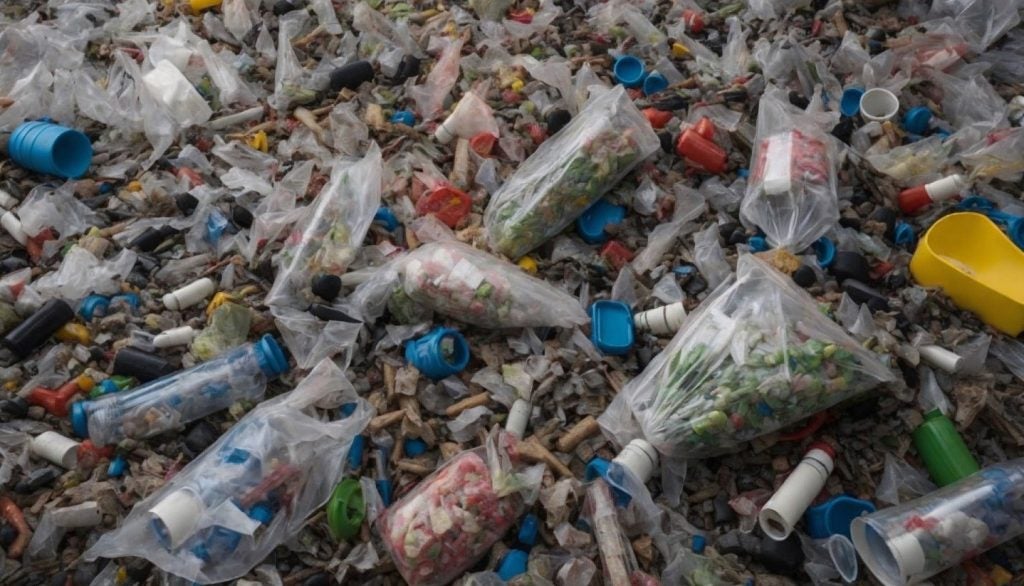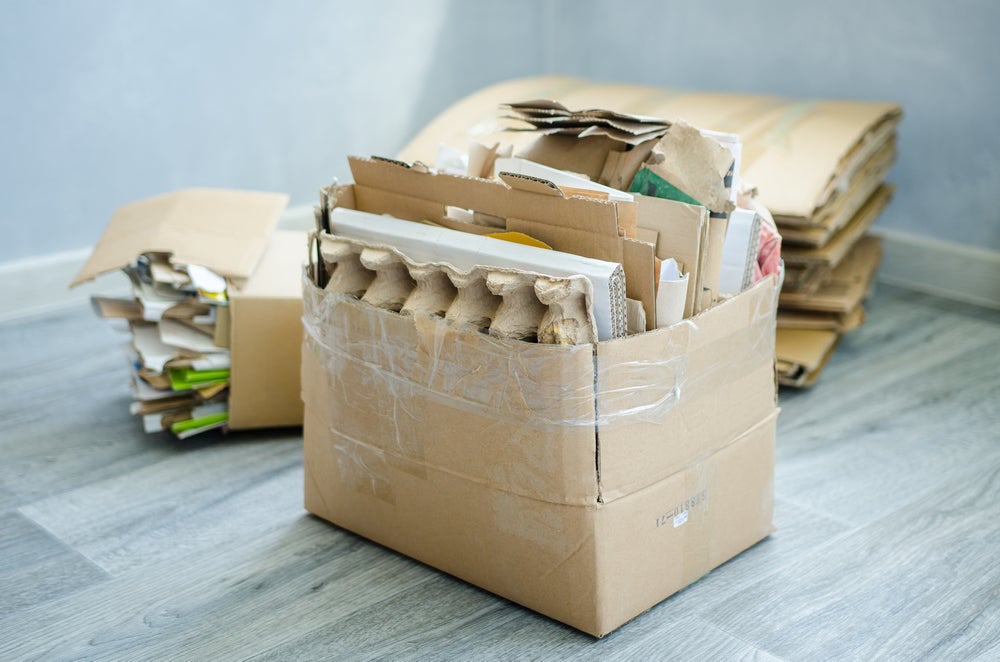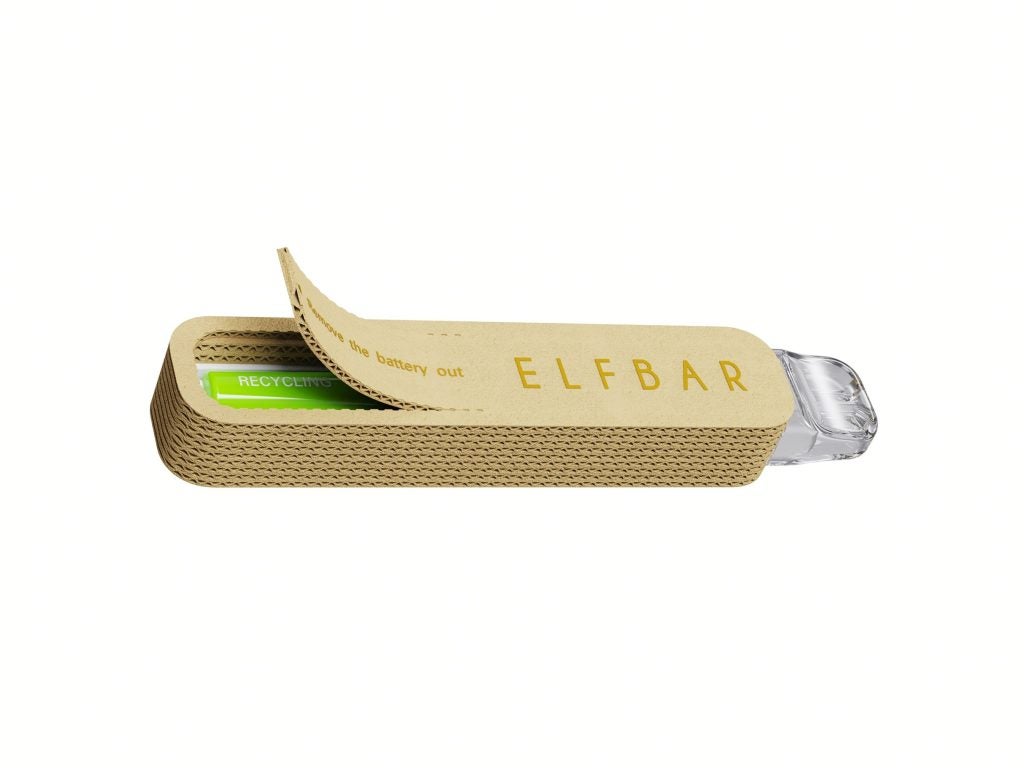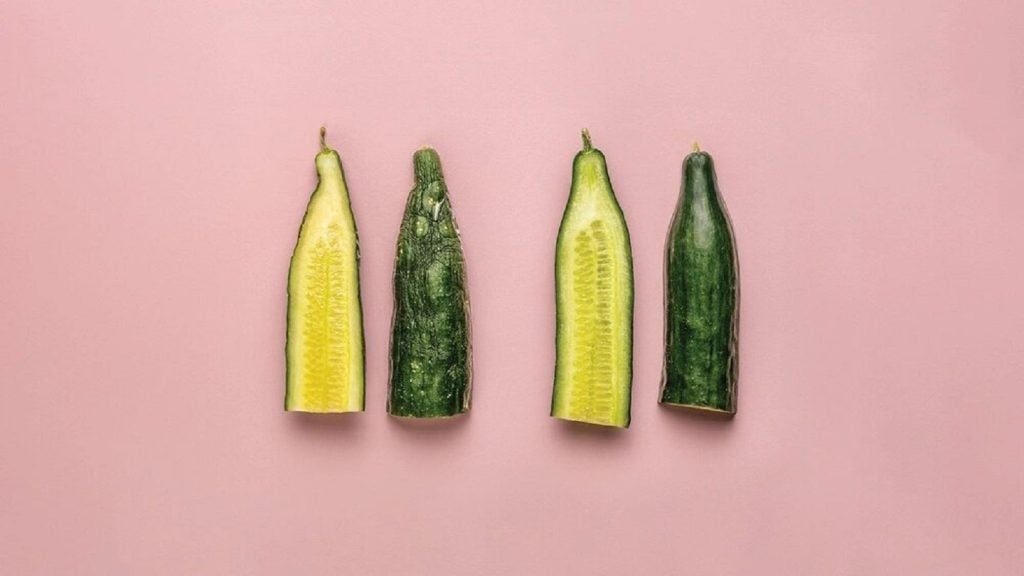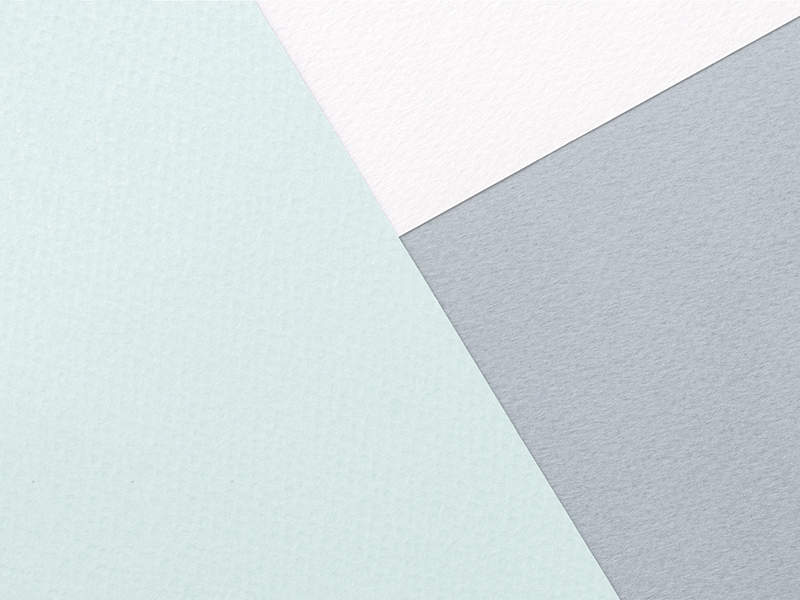
As one of the oldest packaging materials, there’s no doubt that paper has a certain charm. And with over 407 million metric tons consumed globally in 2014, it has a certain responsibility too. Paper, and paperboard, is classified as a renewable resource, with around 233 million metric tons recovered in 2014 – over half, which is okay, but the consensus is that there’s room for improvement.
Around 75% of production comes from China, Japan and the US, but paper is popular worldwide. Brands love it because consumers love it, and consumers love it because they feel like they are doing a good thing – as long as they recycle it and as long as the recovery chain is smart. One amazing thing about paper is that it keeps evolving; the ever-growing artisan trend is perfectly matched to paper packaging, and the fast-growing alternative advent calendar trend would be lost without it.
Out of the ordinary: the advent of alternative
Take Beech’s Fine Chocolate, a 100% family-owned business from Preston, Lancashire, which makes chocolates and truffles that can be found in food halls, premium retailers and delicatessens across the UK and export market. The company doesn’t just take its chocolate seriously – the packaging is subject to the same consideration. Following a revamp in 2015, Beech’s range includes pastel-coloured, paperboard boxes for its popular Pink Champagne and Prosecco Truffles, as well as brightly coloured paper wrappers for its hand-crafted bars of white, milk and dark chocolate.
Beech’s is also taking great leaps forward in the exciting alternative advent calendar trend by upping the ante with a chocolate advent calendar that is far from ordinary. Beech’s managing director, Peter Whiting, says, “We’re currently working on something rather exciting for next Christmas, which will probably be available this Christmas for some of our own-label customers. We have created a new format of advent calendar made entirely from standard folding box board paper. This has been developed to be fully paper-recyclable, which is the simplest and widest-available form of an easily recyclable product.”
Whiting explains how this innovative packaging format has been developed and his ambitious plans for its utilisation. He says, “We have achieved this by replacing the typical plastic advent calendar tray with a more complex interlocking one that is made of paper. Of course, this has pushed the price up significantly and we have had to revise our target market and product mix in the advent calendar so that we can make the new format work for retail.”
Hand-in-hand: innovative advent calendars meld with sustainability
For global paper-packaging manufacturer Wrapology, which operates offices in Hong Kong, China and London, this boom in alternative advent calendars is perfect, due to the company’s dedication to ‘paper packaging that requires a lot of skilled handiwork and finishing’. Established in 2001 by brother and sister duo Tom and Annika Bosanquet, Wrapology specialises in producing packaging for brands across the beauty, food, retail and jewellery sectors, supplying companies throughout America, Asia and Europe.
How well do you really know your competitors?
Access the most comprehensive Company Profiles on the market, powered by GlobalData. Save hours of research. Gain competitive edge.

Thank you!
Your download email will arrive shortly
Not ready to buy yet? Download a free sample
We are confident about the unique quality of our Company Profiles. However, we want you to make the most beneficial decision for your business, so we offer a free sample that you can download by submitting the below form
By GlobalDataTom Bosanquet talks about how Wrapology is meeting the growing advent calendar trend in quite some style. He says, “The skilled paper packaging that we specialise in typically includes jewellery boxes, luxury fragrance boxes and complicated box structures such as advent calendars. The demand for innovative advent calendars has grown fivefold in the past three years, especially for our clients in the beauty industry. At Christmas, there is always so much competition that an advent calendar helps some brands stand out, while also introducing customers to some of their lesser-known products. I also think that with the burst in subscription boxes over the past few years, such as Birch Box and Glossy Box, brands are already producing smaller versions of their products. This makes building and designing advent calendars much simpler.”
Bosanquet notes that the trend in unusual advent calendars also goes hand-in-hand with the important ongoing focus on increased sustainability that covers practically all sectors. He adds, “The major trend now is sustainability; specifically, moving away from plastic. Ten years ago, brands were interested in being sustainable, but many didn’t follow through. Now, we see brands actively doing what they can to be sustainable, since consumers seem to be much more vocal about the issue. For Easter 2018, as part of our own-brands promotion, we produced a miniature, sustainable advent calendar and sent it to brands. The feedback we got was very positive.”
For smaller brands, advent calendars represent a great way to introduce their products to a wider audience, particularly if they align themselves with comparably high-quality or positioned products, and thus get themselves straight into the hands of their target audience.
The cosmetics market: looking good on paper
The English Mineral Makeup Company is a family-owned mineral make-up brand based in Hertfordshire. Owned and managed by mother and daughter team Jeanette and Grace Burrows, The English Mineral Makeup Company offers beautifully packaged, organic make-up made entirely from natural minerals.
Jeanette Burrows speaks about the role that paper and paperboard play in its packaging. She says, “Our company was founded on the belief that you and your skin deserve the best. We’ve brought together a gorgeous range of chemical-free, mineral cosmetics, without any of the harsh ingredients that are often found in similar products. And we’re passionate about our packaging; it needs to be as delightful as our products. I’m fussy; we don’t use anything that we don’t love and doesn’t live up to our high expectations.”
The English Mineral Makeup’s luxurious packaging includes distinctive, square glass pots embossed with its EMM logo, with the company using beautiful paperboard boxes to deliver its products by post. Burrows adds, “Our paperboard boxes have been designed to perfectly hold two products as well as our kabuki brush, and also work well with just one product wrapped in tissue paper, so we’ve been able to predominately use one size of box, which keeps costs down even though the boxes themselves are quite expensive. They are like a work of art – decorated inside and out with colourful images of nature, and with a clear window at the top to give a glimpse of the product within. They’re made from recycled paperboard and sourced locally. We also add in a little paper note to each order to say thank you for shopping with us. Feedback from our customers is positive; they’re keen to avoid plastic and want a luxury experience, so our marriage of glass, paperboard and paper notes delivers that in style.”
Idealism meets reality: cost-consciousness fights sustainability demands
As a supplier of paper packaging to customers across the south east of England, Ipswich Packaging has its ear to the ground when it comes to demand for paper packaging. Specialising in meeting the needs of retail and industrial markets, Ipswich Packaging offers a comprehensive range of paper packaging and prides itself on providing customised advice to ensure it meets the exact needs of its customers.
Co-owner Edwin Boulton says, “The majority of our customers appear to be quite cost conscious, irrespective of their budget. We bulk buy, store and distribute in smaller quantities and our expertise is to come up with the most economical and viable solutions to our customers’ packaging requirements. We do find that our customers are initially keen to drop or reduce plastic in order to use biodegradable products. Unfortunately when the cost or inconvenience of a cardboard or paper product is realised, they often tend to put the idea on the back burner.”
Despite its cost in relation to plastic, paper can still deliver excellent bang for buck in terms of performance and responsibility, with consumers emotionally attached to the sustainability credentials of the product packaging they’re buying, whether it’s a luxury or cost-conscious brand. Paper offers an affordable option for anyone that wants to feel good about the products they buy.



